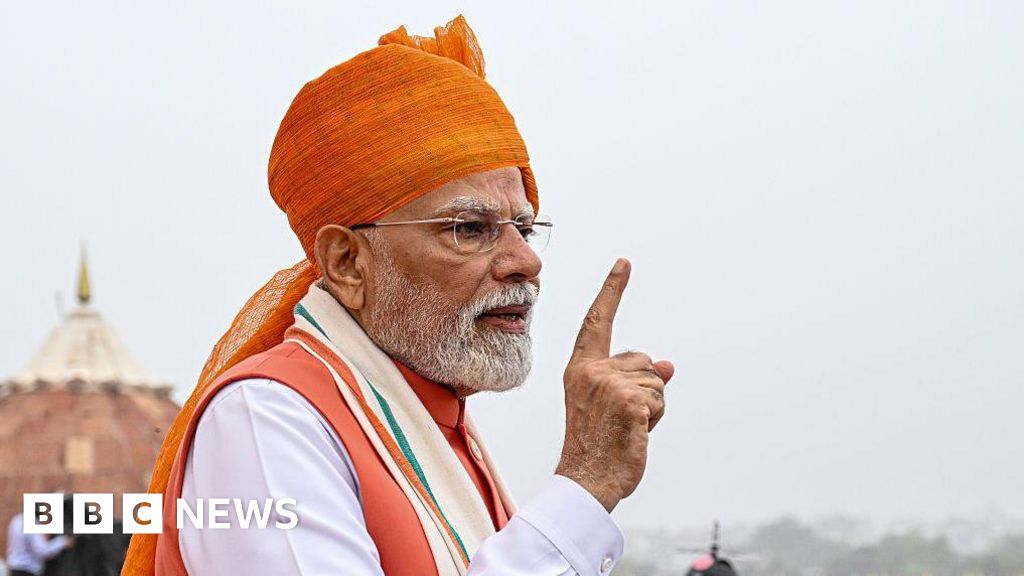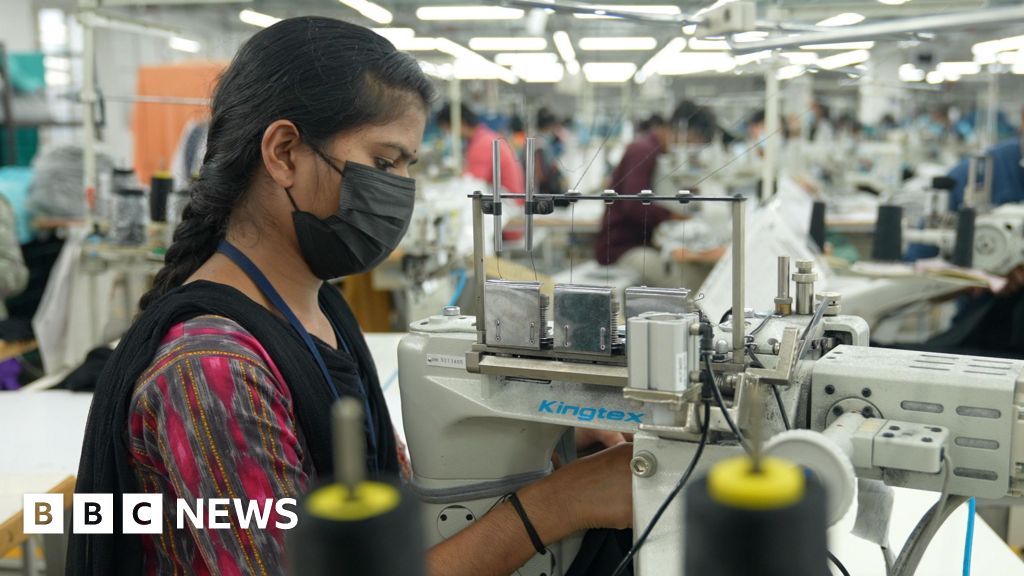Around 70% of tomatoes consumed in the US are sourced from Mexico, making this decision potentially impactful for both economies. The tariffs are now in effect following the US's withdrawal from an agreement that previously regulated Mexican imports, which officials argue failed to safeguard American farmers. US Secretary of Commerce Howard Lutnick stated that domestic farmers have struggled for too long under unfair pricing tactics from Mexican growers.
Contrarily, the Mexican government rejected the accusations of dumping—selling tomatoes at unfairly low prices—and defended the high demand for its produce, attributing it to quality. The implications of this tariff could send shockwaves through grocery stores and restaurants across the US, as consumers may face increased prices on tomato-based products like pizza sauces and salsas.
The Florida Tomato Exchange, an advocacy group, reports that the overwhelming majority of tomatoes in the US market are imported from Mexico. While proponents of the tariff believes it may encourage consumers to purchase domestically grown tomatoes, the Mexican Agriculture Ministry asserted that the sheer volume imported from Mexico makes substitution highly impractical. Mexico is seeking negotiations to reach a new agreement before its producers face dire consequences and has committed to assisting growers in finding alternative markets.
The US tomato growers’ plight dates back to 1996 when they first petitioned for government intervention, citing the need to protect themselves from unfair competition. Following years of agreements—five total—that suspended existing tariffs in return for promises on pricing, the US has now abandoned its final agreement signed in 2019, further escalating tensions.
Additionally, President Trump has hinted at imposing a larger 30% tariff on all Mexican goods starting this August, a measure he claims is necessary due to insufficient action from Mexico regarding drug trafficking issues. This development may not only affect tomato imports but also raise concerns over broader US trade relations, as multiple countries, including China and members of the EU, face potential tariffs from the US.
Contrarily, the Mexican government rejected the accusations of dumping—selling tomatoes at unfairly low prices—and defended the high demand for its produce, attributing it to quality. The implications of this tariff could send shockwaves through grocery stores and restaurants across the US, as consumers may face increased prices on tomato-based products like pizza sauces and salsas.
The Florida Tomato Exchange, an advocacy group, reports that the overwhelming majority of tomatoes in the US market are imported from Mexico. While proponents of the tariff believes it may encourage consumers to purchase domestically grown tomatoes, the Mexican Agriculture Ministry asserted that the sheer volume imported from Mexico makes substitution highly impractical. Mexico is seeking negotiations to reach a new agreement before its producers face dire consequences and has committed to assisting growers in finding alternative markets.
The US tomato growers’ plight dates back to 1996 when they first petitioned for government intervention, citing the need to protect themselves from unfair competition. Following years of agreements—five total—that suspended existing tariffs in return for promises on pricing, the US has now abandoned its final agreement signed in 2019, further escalating tensions.
Additionally, President Trump has hinted at imposing a larger 30% tariff on all Mexican goods starting this August, a measure he claims is necessary due to insufficient action from Mexico regarding drug trafficking issues. This development may not only affect tomato imports but also raise concerns over broader US trade relations, as multiple countries, including China and members of the EU, face potential tariffs from the US.





















